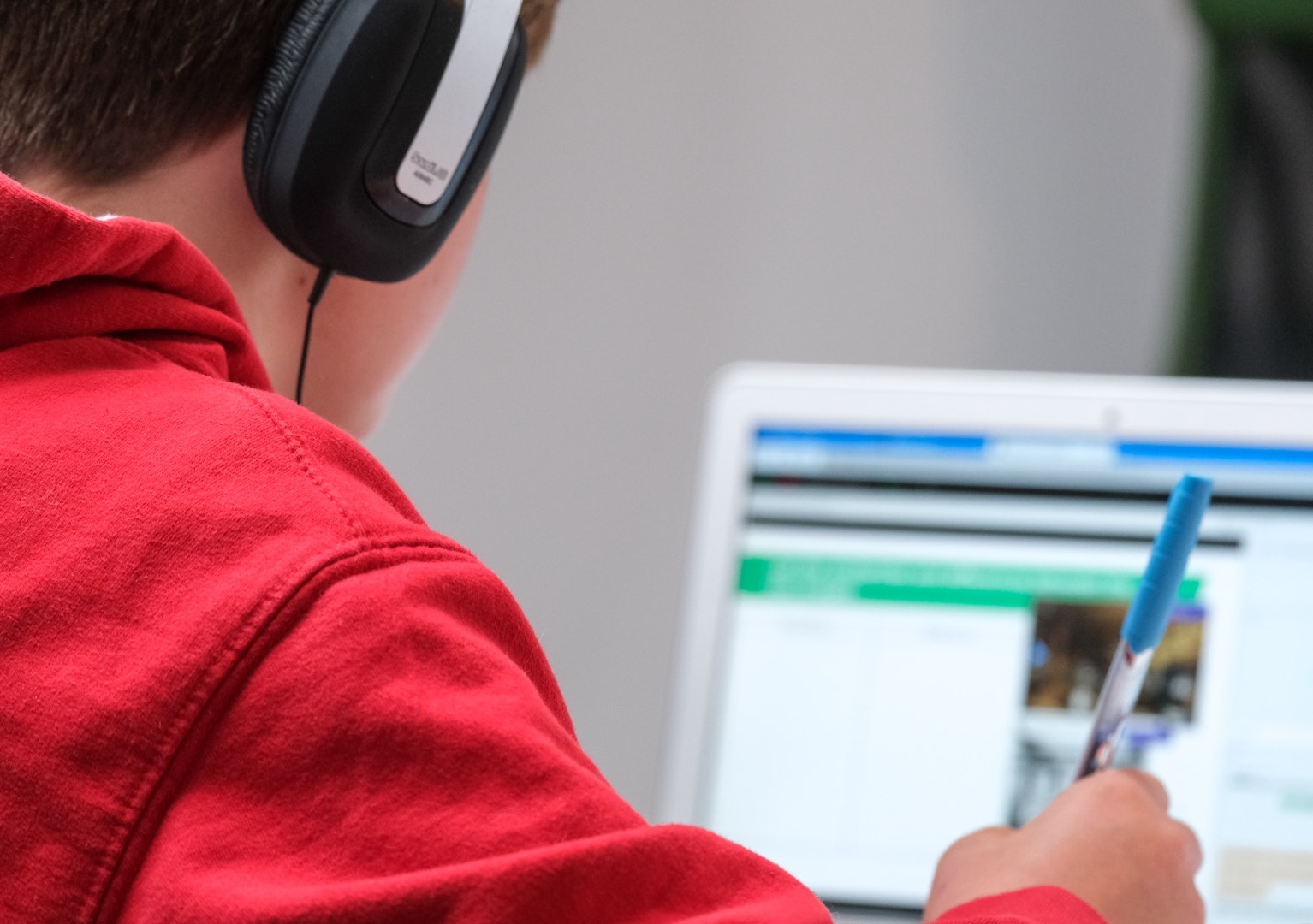Helping students adapt to online learning sets them up for success
Building students’ capacity to navigate disruptions can help them grow and achieve during COVID-19 and beyond.
Building students’ capacity to navigate disruptions can help them grow and achieve during COVID-19 and beyond.

Students who can adjust to uncertainty, unpredictability and change are more confident and capable online learners, new research from UNSW Sydney shows.
According to the study, adaptability – also known as the capacity to effectively adjust behaviour, thoughts and feelings in response to disruptions – can assist students in their online learning during COVID-19.
Adaptability and High School Students’ Online Learning During COVID-19: A Job Demands-Resources Perspective was published recently in the journal Frontiers in Psychology and discussed further in The Conversation. The study found adaptability had a direct positive impact on students’ achievement growth and further affected students’ achievement through its positive impact on their online learning confidence.
Scientia Professor Andrew Martin, Associate Professor Rebecca Collie, and PhD Student Robin Nagy from the School of Education at UNSW Arts, Design and Architecture were co-authors of the study.
The researchers surveyed 1548 Australian high school students at nine schools in 2020 to examine their adaptability during a time of full or partial remote online learning using the Adaptability Scale – a self-assessment measure of an individual’s capacity to adapt to disruption.
They also answered questions about their confidence as online learners, online learning barriers such as access to technology, and support for online learning in the home. The researchers then examined students’ mathematics results across the year.
The researchers found that students’ adaptability was associated with higher levels of online learning confidence in Term 2 and improved students’ academic results later in Term 4. They also found that online learning confidence in Term 2 was linked to better results in Term 4.
Prof. Martin, the lead author of the study, says the findings support previous research demonstrating positive links between adaptability and students’ engagement and achievement at school. He says adaptability is an important personal resource that can help students in periods of remote instruction.
“In the face of massive disruptions caused by COVID-19, we are constantly advised to adjust to a ‘new normal’. Part of this new normal is the increasing presence of remote online learning,” Prof. Martin says.
“These adjustments students are required to make to navigate these uncertain circumstances were well met by the psychological attribute of adaptability. In other words, students who are high in adaptability are better able to deal with these changes to their learning and succeed.”
The study also found that online learning support and online learning barriers were linked to students’ online learning confidence: higher confidence in online learning support and lower confidence in the case of online learning barriers.
“It is also clear that high-quality online learning requires parents and schools, as best they can, to address students’ online learning barriers and optimise their online learning supports,” Prof. Martin says.
With learning likely to continue being disrupted, focusing on boosting students’ adaptability is vital. As adaptability is a modifiable personal attribute, students can learn how to become adaptive.
“It is fair to say that adaptability comes more easily to some students than it does to others,” Prof. Martin says. “However, research among high school students has shown that adaptability can and does change over time, which is good news.”
Prof. Martin says it’s essential to teach students how to recognise disruptions to their lives to know when to adjust. He says it’s also important to explain how they can navigate the disruption and encourage them to recognise the positive effects of making adjustments.
“For example, in the face of new online learning tasks and demands, students might consider the opportunities a new online task might offer, such as developing new skills that can be helpful in other parts of their lives,” Prof. Martin says. “We can also help students learn to shift their focus to positive feelings when they engage in online learning activities that they are not familiar with.”
Prof. Martin says we can also provide additional online support resources for students who need help with adjusting. He says that increasing students’ capacity for adaptability is a meaningful skill for life.
“These adjustments help navigate all sorts of disruption, not just disruptions in learning,” Prof. Martin says. “If we help students now to make credible connections to the benefits of adaptability, they can be motivated to adapt in future.”
“Inspiring students to practise their adjustments to behaviour, thinking, and feelings can make adaptability become a routine part of their lives that can help them navigate disruptions during COVID-19 and beyond.”